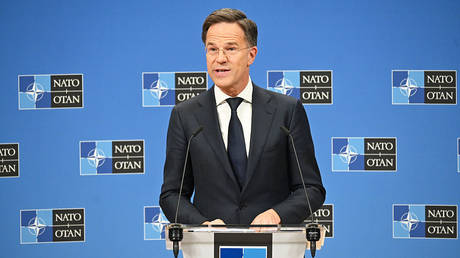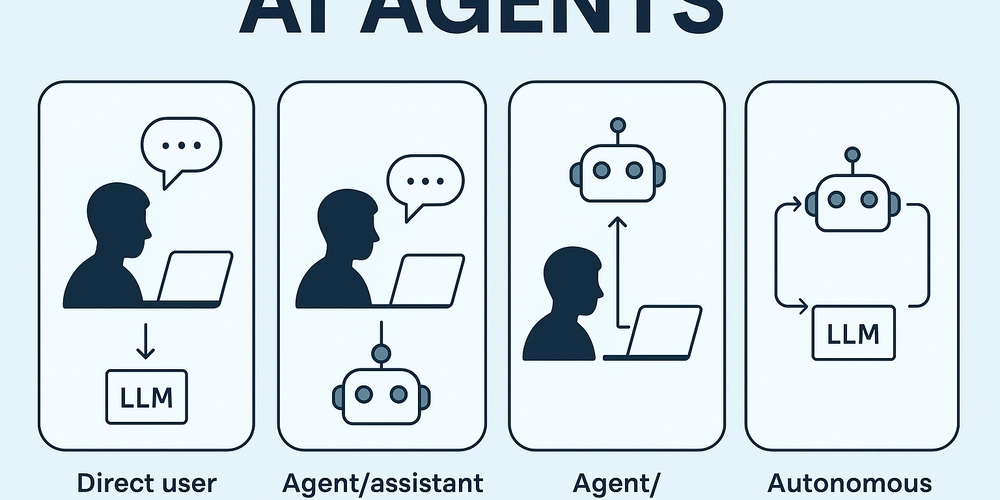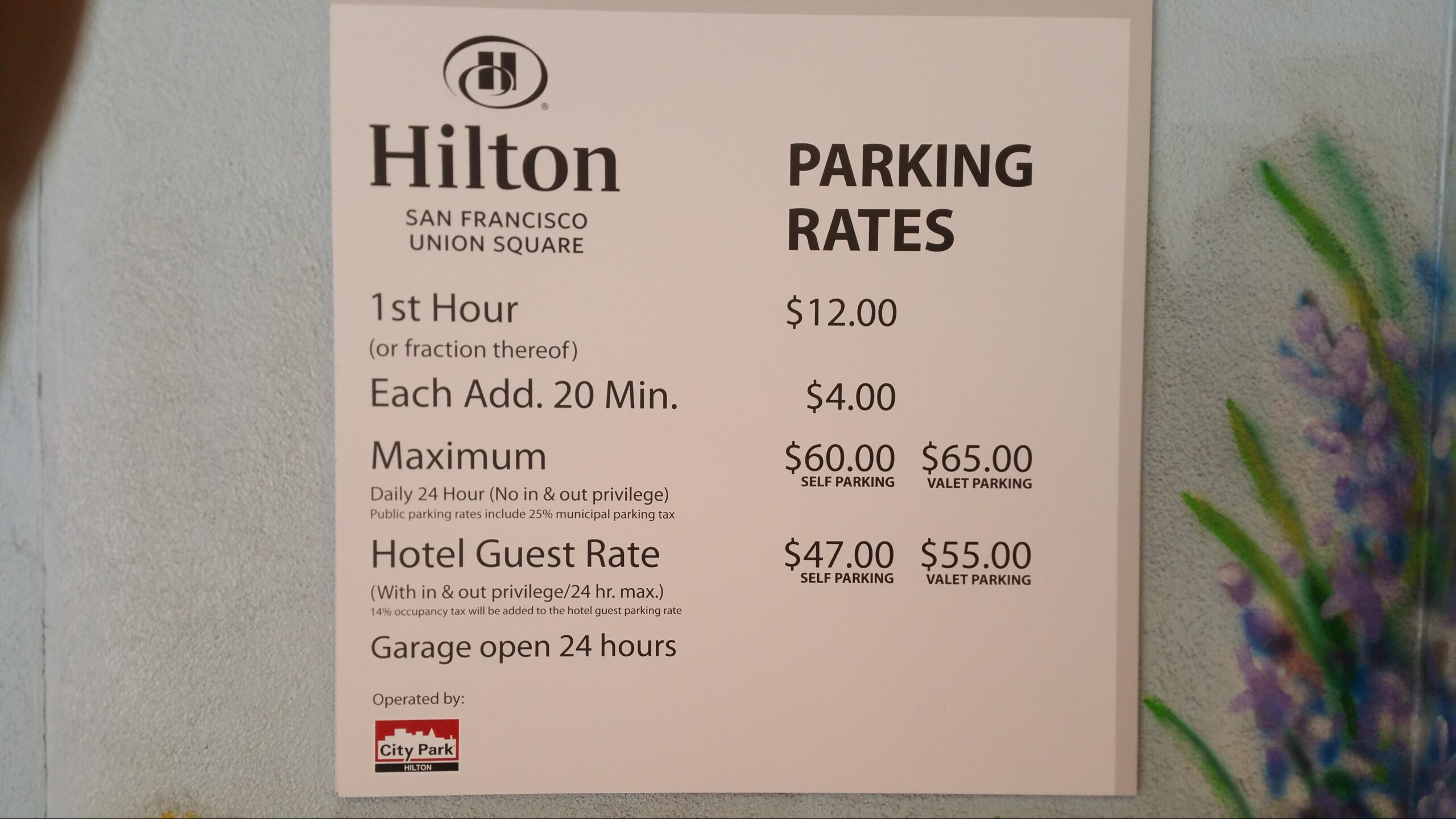GOP senators express alarm over scale of Trump tariffs
Republican senators are expressing varying degrees of shock and alarm at the scale of President Trump’s “reciprocal” tariffs against trading partners and allies, which sent stock markets into a tailspin Thursday and fueled predictions the country is heading for a recession. Republicans knew Trump’s announcement on a new round of tariffs — dubbed "Liberation Day"...

Republican senators are expressing varying degrees of shock and alarm at the scale of President Trump’s “reciprocal” tariffs against trading partners and allies, which sent stock markets into a tailspin Thursday and fueled predictions the country is heading for a recession.
Republicans knew Trump’s announcement on a new round of tariffs — dubbed "Liberation Day" — was coming, but the sweeping nature of Trump’s bold action is sparking a panic among constituents at home.
Republicans from agricultural states are particularly concerned as they worry that U.S.-produced farm products are likely to be targeted first by retaliatory tariffs from trading partners.
Then there’s a general concern that Trump’s tariffs will likely further drive up the price of consumer goods at a time when many Americans are fed up with inflation, which was a driving factor behind Republican victories in the 2024 election.
“There’s a lot that I certainly don’t know,” Sen. Lisa Murkowski (R-Alaska) said. “How long are they going to last? There’s a lot of uncertainty.
“One of the things that I’m hearing from folks back home is they’re certainly afraid about what it’s going to mean for price increases, very afraid about that,” she said.
Sen. Jerry Moran (R-Kan.) said he’s hearing from farmers in Kansas who are worried they’re going to get hit hard by retaliatory tariffs from foreign trading partners.
“Most Kansans, including agriculture, which is so affected, I think they were expecting something less dramatic,” he said.
Moran said there’s merit to Trump’s arguments that other counties are taking advantage of the United States by benefiting from its relatively open markets while putting up barriers to U.S. exports.
But he said his constituents are worried about how aggressively Trump is wielding tariffs against so many countries.
“I think they’d take a more precautionary method of protecting ourselves,” Moran said of his constituents. “The idea of a tariff to equal the stage has some merit and some support. But I think most Kansans would say, ‘Let’s do this in a more gradual way.’”
Moran said there would “be a greater level of comfort in [having] a more targeted direction for those tariffs to go.”
He suggested that the Trump administration should have done more to distinguish its punitive trade policies between allies and adversaries, a concern echoed by other GOP senators.
Trump’s latest round of tariffs was met with skepticism from even his strongest allies on Capitol Hill. Some are expressing concern about the possibility that trading partners may not succumb to pressure from Trump, which could increase prices for American consumers for months.
“I’m not a fan of tariffs,” Sen. Ted Cruz (R-Texas) said.
“If other nations that are our trading partners respond to yesterday’s announcement by lowering the tariffs that they impose on U.S. goods and services and the U.S. government in turn lowers the tariffs on their goods and services, that would be a good outcome. But if other nations jack up their tariffs and the results are high tariffs all around, that’s a bad outcome for the country,” he said.
“Tariffs are a tax, and I’m not a fan of raising taxes on millions of American cosponsors,” he said.
Trump imposed a 20 percent tariff against European allies and partners in NATO in addition to a 24 percent tariff against Japan and a 26 percent tariff against South Korea, the two countries that form the cornerstone of the U.S. defense strategy in Asia.
He imposed tariffs of 46 percent, 49 percent and 37 percent on Vietnam, Cambodia and Bangladesh, respectively — countries that send hundreds of billions of dollars’ worth of cheap goods to the United States.
The reaction from the financial markets was swift and negative Thursday. The Dow Jones Industrial Average plunged by nearly 1,700 points, or roughly 4 percent, while the S&P 500 and the tech-heavy Nasdaq composite dropped by 274 points and 1,050 points or 4.84 percent and 5.97 percent, respectively.
“It’s a bad idea, and I don’t see a way out,” lamented one senior GOP senator who requested anonymity to comment on the impact of Trump’s tariffs on the domestic stock market and the broader economy.
Republican Sen. Chuck Grassley (Iowa) introduced a bill Thursday with Democratic Sen. Maria Cantwell (Wash.) to require the president to notify Congress of new or higher tariffs within a 48-hour time frame and to explain to lawmakers the reasoning for such tariffs. It would also require Congress to pass a joint resolution of approval within 60 days or those new tariffs would expire.
“For too long, Congress has delegated its clear authority to regulate interstate and foreign commerce to the executive branch,” Grassley said in a statement.
Private-sector financial experts predict the odds of an economic recession are climbing fast.
J.P. Morgan on Monday had predicted that the probability of a recession stood at 40 percent, citing “heightened trade policy uncertainty” as “weighing on sentiment.”
A day after Trump announced the reciprocal tariffs, J.P. Morgan predicted the probably of a recession now stands at 60 percent.
Goldman Sachs on Monday raised the possibility of a global recession to 35 percent from 20 percent and cut its year-end forecast for the S&P 500 for the second time in a month.
Sen. Thom Tillis (R-N.C.), who faces a tough reelection race next year, said he’s already hearing serious concerns from trade associations representing constituents at home.
“I was just in meetings today with different associations. … They’re all concerned,” he said. “The initial concerns are coming out of agriculture because they’re the first to get hit with market access and any retaliatory tariffs.
“It will ramp up from here,” he predicted.
Tillis said that Commerce Secretary Howard Lutnick needs to have a plan for how to deal with the possibility of trading partners striking back with higher tariffs of their own, which could weigh heavily on the U.S. economy.
“Secretary Lutnick is at the tip of the spear and I’m assuming he’s anticipated this and he’s got a solution for it and we better see it over the next few weeks,” Tillis said of the severe market reaction to Trump’s tariff announcement and the potential for retaliatory tariffs.
Tillis warned that if senior Trump officials don’t have a strategy to respond to the turmoil caused by the new round of tariffs, “we got a problem.”
He also raised the possibility that the United States’s trading partners might band together to increase their leverage in a quickly escalating trade war.
And he questioned Trump’s stated goal of revitalizing domestic manufacturing when rising tariffs are likely to increase the cost of the equipment and supplies businesses would need to purchase to set up new facilities in the United States.
“How do you do that if you have to buy the equipment that’s going to be subject to a tariff, in terms of making the business case?” he said.
In terms of politics, Tillis said: “If it works, it will be fabulous. If it doesn’t work, it’s going to be fabulous for the other side,” referring to Democrats.
Sen. Susan Collins (Maine), one of four Republican senators who voted Wednesday for a resolution to undo Trump’s 25 percent tariff against Canada, said Trump shouldn’t treat allies the same as adversaries when it comes to levying tariffs.
“In general, one of my biggest concerns is we should be distinguishing between our allies and our adversaries and not treat them the same way,” she said.
















































































